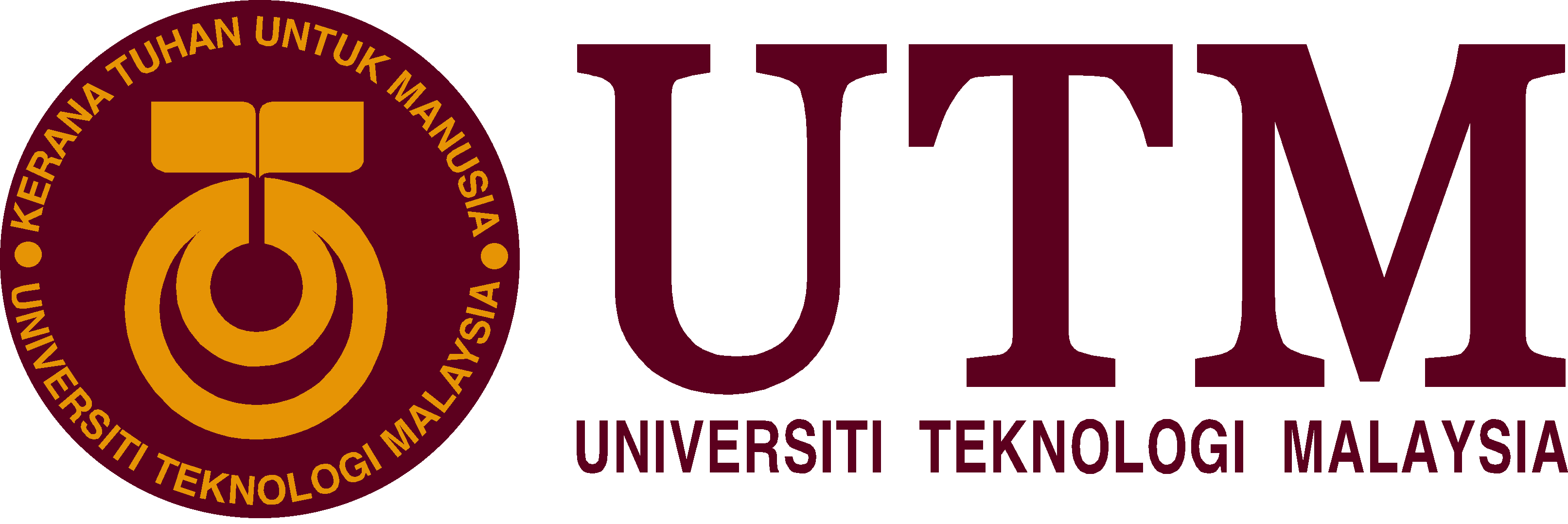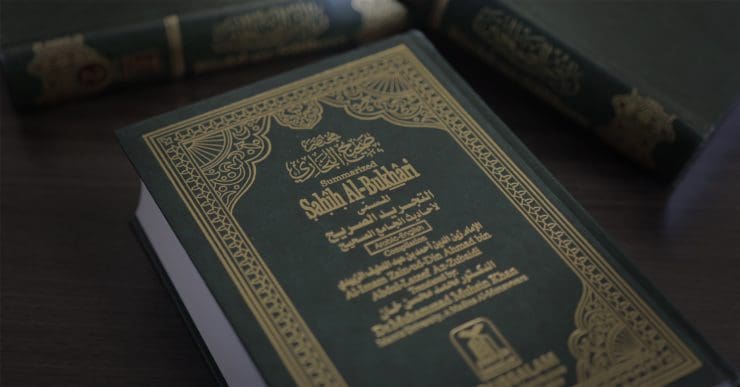Dr. Mohd Al’Ikhsan Ghazali
Hadith in Islam refers to what Muslims believe to be a record of the words, actions, and the silent approval of the Islamic prophet Muhammad. Hadith has been called “the backbone” of Islamic civilization,[4] and within that religion, the authority of hadith as a source for religious law and moral guidance ranks second only to that of the Quran (which Muslims hold to be the word of God revealed to his messenger Muhammad). Scriptural authority for hadith comes from the Quran which enjoins Muslims to emulate Muhammad and obey his judgments (in verses such as 24:54, 33:21). While the number of verses pertaining to the law in the Quran is relatively few, hadith give direction on everything from details of religious obligations (such as Ghusl or Wudu, ablution for salat prayer), to the correct forms of salutations[6] and the importance of benevolence to slaves. Thus the “great bulk” of the rules of Sharia (Islamic law) are derived from hadith, rather than the Quran.
Ḥadīth is the Arabic word for things like speech, report, account, narrative. Unlike the Quran, not all Muslim believe hadith accounts (or at least not all hadith accounts) are divine revelation. Hadith were not written down by Muhammad’s followers immediately after his death but many generations later when they were collected, collated and compiled into a great corpus of Islamic literature. Different collections of hadīth would come to differentiate the different branches of the Islamic faith. There are many modern Muslims (some of whom call themselves Quranists but many are also known as Submitters) who believe that most Hadiths are actually fabrications created in the 8th & 9th century AD, and which are falsely attributed the Prophet Muhammad.
Because some hadith include questionable and even contradictory statements, the authentication of hadith became a major field of study in Islam. In its classic form a hadith has two parts — the chain of narrators who have transmitted the report (the isnad), and the main text of the report (the matn). Individual hadith are classified by Muslim clerics and jurists into categories such as sahih (“authentic”), hasan (“good”) or da’if (“weak”). However, different groups and different scholars may classify a hadith differently. A manuscript copy of al-Bukhari, Mamluk era, 13th century, Egypt. Adilnor Collection, Sweden. Among scholars of Sunni Islam the term hadith may include not only the words, advice, practices, etc. of Muhammad, but also those of his companions. In Shia Islam, hadīth are the embodiment of the sunnah, the words, and actions of the prophet and his family the Ahl al-Bayt (The Twelve Imams and the prophet’s daughter, Fatimah).
Because Islam is a holistic religion integrating all aspects of life, it follows that a reform movement predicated on religion necessarily confronts the social, economic, and political realities of the society in which it develops. Muslim societies, however, have emerged from colonialism and neo-colonialism and are seeking to develop free from certain western influences that may corrupt or subvert basic Islamic values. Furthermore, in Islam there is no division or distinction between what in the West is called “Church and State”. The resurgence of Islam is flourishing in every part of the world and dedicated Muslims are trying hard to meet the challenges of modern times while remaining faithful to the values of their past. Its continuation and growth are ongoing.
Publications


